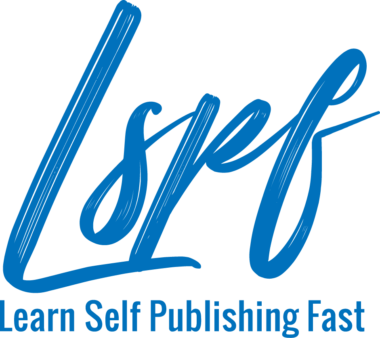All successful self-published authors talk about the importance of building a solid author platform to ensure successful book marketing. But what does that really mean?

I’m going to tell you specifically what an author platform should consist of and when you should begin to lay the foundation.
I’ll start with when. That’s the easy part. You should begin creating an online presence yesterday. Yep. You can’t start too early. I don’t care if you’re book is just a twinkle in your eye, it’s not too soon.
Why should you start creating this network of community before you’ve begun writing? You’ll understand when you see what is involved in building this marketing operation from the ground up. You’ve likely got a lot to learn along the way and it will take a ton of time. There are some technical hurdles to conquer as you explore different social media platforms and remember that technology changes at the speed of light. That means that just about the time you figure out an elusive piece of tech that’s preventing you from making the most of Facebook, for example, the rules will change. Or what is effective will change.
There’s no need to despair though. Start early, work on it consistently, and by the time your book is complete, you’ll have a targeted group of ideal readers itching to get their hands on your book.
You’ll need the following: a solid presence on 2-3 social media platforms. Facebook, Pinterest, Twitter, and Instagram are a great place to start. If you have somehow managed to exist in 2017 without signing up for a social media account, it’s time for you to join the rest of us.
Social media will not be a magic bullet; in fact none of this is a magic bullet. The success you’ll find as an Indie publisher is largely in your creative, entrepreneurial spirit. You’ll need to be willing to experiment, sometimes adjust on a dime, and always be willing to learn more about your industry. You are more than an author. You are a project manager and you’ll need to also become a marketing expert. That is the only way to give your book a solid lift off at launch and after.
Set up your accounts (2-3 platforms for now) and begin interacting with this great wide world of people in these virtual spaces well before you ever have a book to sell. Meet writers, build community. Meet readers who are experts in the genre you’ll be publishing in. Use these forums to learn what you can and connect. These online communities will be critical to your success.
If you need a jump start on maneuvering in this spaces as a soon-to-be published author, consider Bibliocrunch’s marketing courses. You’ll learn specific details like how often should you post on which forums, how many hashtags you should use on Instagram vs Twitter, and how, when the time comes, to market your books on these platforms. There are even classes on how to run a sale for your book.
Knowledge is power, folks, so put your learning cap on.
There’s one thing that you will never have completely when you are accessing your audience through social media and, once your book is published, sales platforms.
Control. Amazon and Facebook are gatekeepers to your readers much the same as traditional agents and publishers are gatekeepers to the readers. The platforms we come to rely on that sell our books and put us in touch with our readers often decide what your readers will see and when, through the use of complicated algorithms and programs that are beyond your control. They also have the ability to change your access at any time. Because it’s their platform.
You still need them. But that’s not all you need. You need to create a way to communicate with your readers in such a way that you control the branding, the frequency, everything about the way you talk to your readers.
How can you do that? Create your very own platform via a website and an email newsletter list. Emails are still a fantastic way for you to reach out to your readers. Get a free email newsletter service such as Mailchimp (there are lots of available options) and start getting subscribers.
Remember that community of people you were building on the social media platforms, leverage those contacts and build your list.
You can build your list by giving something away that will attract your dream reader. Nick Stephenson calls this a reader magnet and is strong advocate for the power of the email list. I’d recommend reading his book that gives clever ideas like short story prequels to your novel, a character dossier, or some behind the scenes info on the creation of your book.
You can see why I said to start right away, right? It takes time to build a solid presence online, especially if you are starting from scratch because you have to learn the inner workings of each platform. Creating a newsletter system isn’t exactly rocket science but there will still be a learning curve. And then there’s building a website. That’s not child’s play, my friends. Even if you are tech-inclined, you can spend hours, days, and weeks getting a website to a functional and cohesive state.
So trust me and begin as soon as you possibly can. It’s never to soon to position yourself strategically for your book marketing efforts.
Rome wasn’t built in a day and neither will your author platform materialize out of thin air. But one day and one social media platform at a time, and you’ll get there. You might even make some friends along the way.
Good luck!


Comments